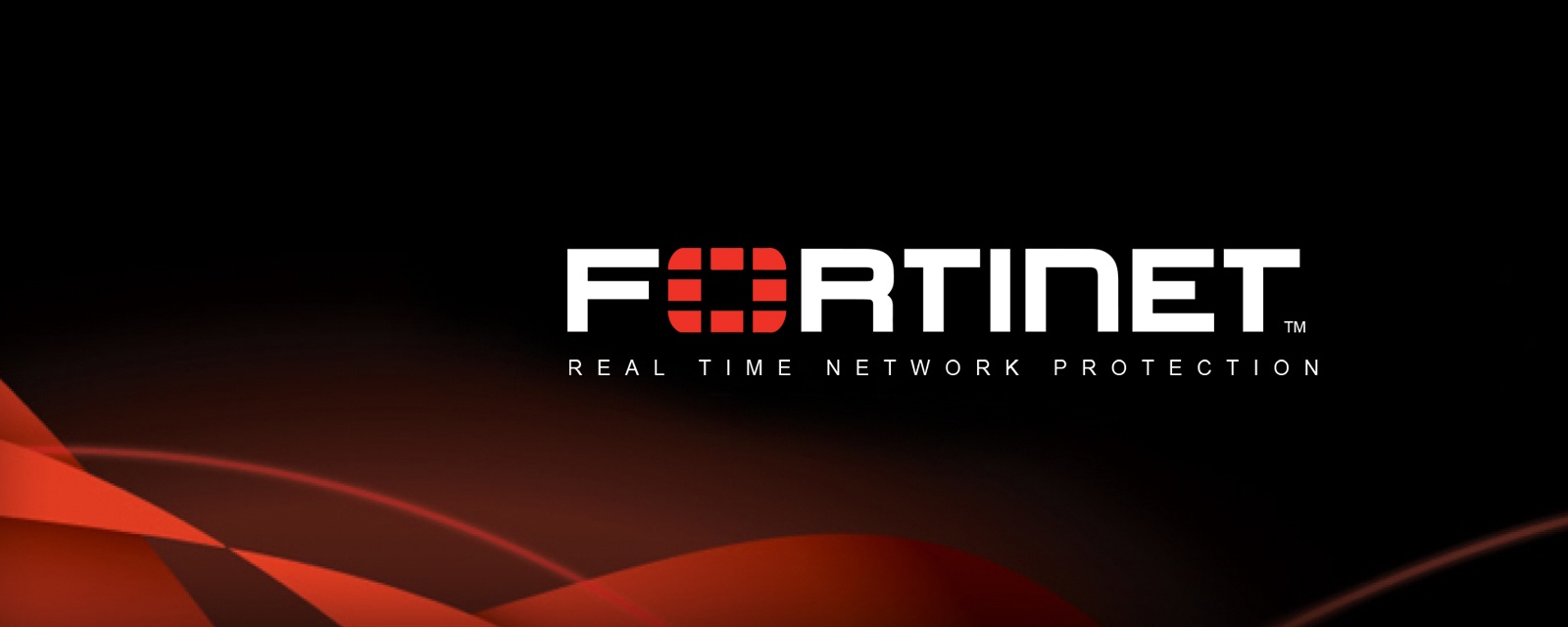Firewall:Protect your network from network based intrusions
Firewall:Protect your network from network based intrusions

A firewall is a network security device that monitors incoming and outgoing network traffic and permits or blocks data packets based on a set of security rules. Its purpose is to establish a barrier between your internal network and incoming traffic from external sources (such as the internet) in order to block malicious traffic like viruses and hackers.
Firewall is a network security system that monitors and controls incoming and outgoing network traffic based on predetermined security rules. A firewall typically establishes a barrier between a trusted internal network and untrusted external network, such as the Internet.
How does a firewall work?
Firewalls carefully analyze incoming traffic based on pre-established rules and filter traffic coming from unsecured or suspicious sources to prevent attacks. Firewalls guard traffic at a computer’s entry point, called ports, which is where information is exchanged with external devices. For example, “Source address 172.18.1.1 is allowed to reach destination 172.18.2.1 over port 22.”
Think of IP addresses as houses, and port numbers as rooms within the house. Only trusted people (source addresses) are allowed to enter the house (destination address) at all—then it’s further filtered so that people within the house are only allowed to access certain rooms (destination ports), depending on if they’re the owner, a child, or a guest. The owner is allowed to any room (any port), while children and guests are allowed into a certain set of rooms (specific ports).

Types of firewalls
Firewalls can either be software or hardware, though it’s best to have both. A software firewall is a program installed on each computer and regulates traffic through port numbers and applications, while a physical firewall is a piece of equipment installed between your network and gateway.
Packet-filtering firewalls, the most common type of firewall, examine packets and prohibit them from passing through if they don’t match an established security rule set. This type of firewall checks the packet’s source and destination IP addresses. If packets match those of an “allowed” rule on the firewall, then it is trusted to enter the network.
Packet-filtering firewalls are divided into two categories: stateful and stateless. Stateless firewalls examine packets independently of one another and lack context, making them easy targets for hackers. In contrast, stateful firewalls remember information about previously passed packets and are considered much more secure.
While packet-filtering firewalls can be effective, they ultimately provide very basic protection and can be very limited—for example, they can’t determine if the contents of the request that’s being sent will adversely affect the application it’s reaching. If a malicious request that was allowed from a trusted source address would result in, say, the deletion of a database, the firewall would have no way of knowing that. Next-generation firewalls and proxy firewalls are more equipped to detect such threats.
Next-generation firewalls (NGFW) combine traditional firewall technology with additional functionality, such as encrypted traffic inspection, intrusion prevention systems, anti-virus, and more. Most notably, it includes deep packet inspection (DPI). While basic firewalls only look at packet headers, deep packet inspection examines the data within the packet itself, enabling users to more effectively identify, categorize, or stop packets with malicious data.
Proxy firewalls filter network traffic at the application level. Unlike basic firewalls, the proxy acts an intermediary between two end systems. The client must send a request to the firewall, where it is then evaluated against a set of security rules and then permitted or blocked. Most notably, proxy firewalls monitor traffic for layer 7 protocols such as HTTP and FTP, and use both stateful and deep packet inspection to detect malicious traffic.
Network address translation (NAT) firewalls allow multiple devices with independent network addresses to connect to the internet using a single IP address, keeping individual IP addresses hidden. As a result, attackers scanning a network for IP addresses can’t capture specific details, providing greater security against attacks. NAT firewalls are similar to proxy firewalls in that they act as an intermediary between a group of computers and outside traffic.
Stateful multilayer inspection (SMLI) firewalls filter packets at the network, transport, and application layers, comparing them against known trusted packets. Like NGFW firewalls, SMLI also examine the entire packet and only allow them to pass if they pass each layer individually. These firewalls examine packets to determine the state of the communication (thus the name) to ensure all initiated communication is only taking place with trusted sources.

Why Layots..?
Layots are partner with Fortinet, Sophos, Sonic wall,Cisco,Juniper which is compatible with different operating system and prevents any kind of opportunistic attacks
Fortinet: Fortinet’s network security solutions provide powerful protection across the entire attack surface. With Fortinet’s integrated SD-WAN and Next Generation Firewall, your organization has access to an Intrusion Prevention System, VPN, Secure Web Gateway, and more.

Sophos: Sophos firewall has got an interactive GUI. Reporting platform is very good and it has got easy use SSL VPN for the organization. With Sophos Firewall you can track down each and every network traffic on reporting screen. Sophos Firewall has got a good ransomware protection feature.

Sonicwall: SonicWall firewall is rated a good value too. The company offers its Super Massive line for the largest networks; NSA for mid range companies; and TZ series firewalls for small companies.

Cisco: Next-Generation Firewall Services has reached End of Sale.They blend a proven stateful inspection firewall with next-generation firewall capabilities and network-based security controls for end-to-end network intelligence and streamlined security operations.

Juniper: Juniper Next-Generation Firewall (NGFW) Services provide policy-based awareness and control over applications, users, and content to stop advanced cyberthreats—all in a single device. Security management and visibility for centralized, automated policy control across physical and virtual SRX Series firewalls.


Layots has 20+ years of unmatched experience in providing IT solutions. Our solutions offer speed, agility, and efficiency to tackle business challenges in the areas of data security, cyber security, service management, application development, automation, test & development environments and operations.
We would like to have a chance to interact with you to assist your organization IT requirements and become a reliable IT consultant / Service provider.
To get to know more about this or to place your valuable order kindly contact: Sales manager: Mr.Prem kumar : 9597528333 Assistant sales manager: Mr. Saravana: 7823912363 or Ms. Barkavi: 7823912362

